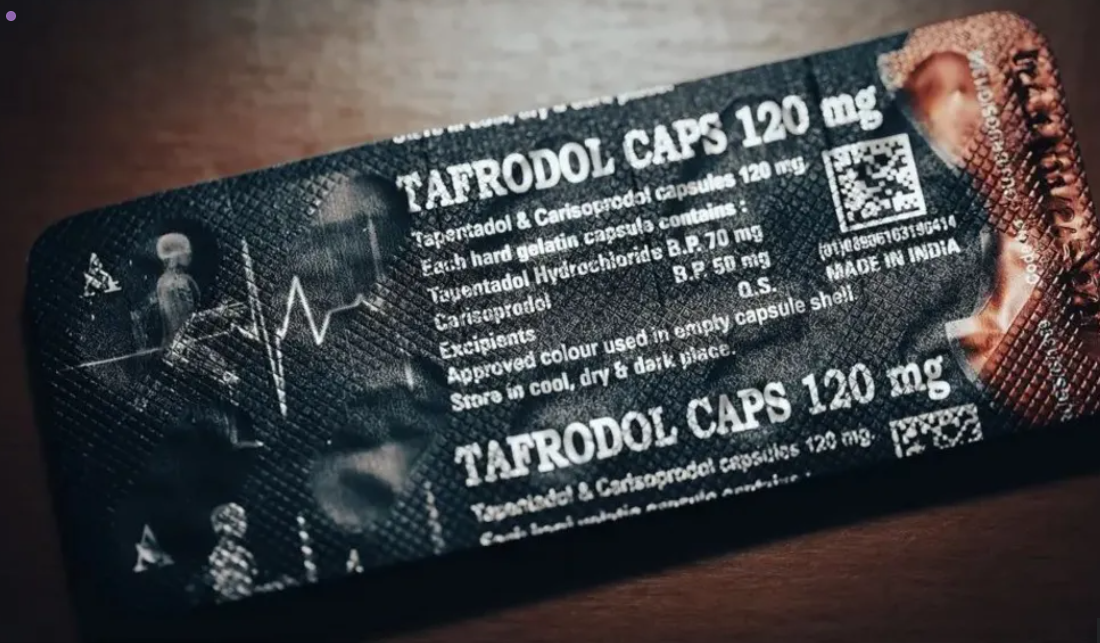While many people associate Alzheimer’s and Dementia with memory loss, some early signs of them have nothing to do with remembering (or not). In fact, some Dementia symptoms are so subtle you might not even notice them, or confuse them with something else entirely.
That’s why it’s essential to understand what those early signs are, according to Tim Rittman, BMBS, MRCP, PhD, a dementia researcher and lecturer at Cambridge University and consultant at the Addenbrookes Memory Clinic in the UK.
🩺 SIGN UP for tips to stay healthy & fit with the top moves, clean eats, health trends & more delivered right to your inbox twice a week 💊
“It is important…to raise awareness of early signs of dementia so people with symptoms can be referred to a memory clinic for a full assessment and an accurate, timely diagnosis,” Dr. Rittman , wrote in a recent article for Alzheimer’s Research UK. “An early diagnosis means that people with dementia and their loved ones can plan for the future, access the right care and support, and consider the option of taking part in research.”
As an expert in dementia, Dr. Rittman is frequently asked “whether dementia has any tell-tale signs, and what to do if you’re worried,” he said. Ahead, see exactly what those are.
Related: 14 Specific Ways You May Be Able to Prevent Dementia, According to Neurologists
The Subtle TV Habit That Could Be an Early Sign of Dementia
While forgetfulness, changes to perception and differences in the way someone speaks are more obvious signs, Dr. Rittman noted that struggling to concentrate on daily tasks—whether recreational or not—can be a major one.
“They may find following the storyline of a TV program difficult for example,” Dr. Rittman explained. This could mean difficulty with comprehension or losing track of the plot, both of which could signal memory or thinking problems, which are also common in dementia.
Translation? If someone is having a much harder time following their favorite show’s storyline than usual—and continually asking for clarification on what’s going on—you might want to pay closer attention to their behavior overall.
Related: The Surprising Dementia Symptom You May Be Able to Notice in the Shower
Other Less Obvious Signs
Subtle forgetfulness
Other subtle warning signs can also be observed at home: Keep an eye out for anyone asking the same question repeatedly or struggling to remember a specific object’s (or character’s) name.
Storing items in strange places
Another sign is forgetting where things go, frequently misplacing items or storing them incorrectly, according to Alzheimer’s Society UK. “They may also leave items in unusual places. For example, leaving the remote control in the bathroom, or tea bags in the fridge,” they said.
Planning and problem-solving difficulties
Other signs are planning and problem-solving difficulties, such as struggling to handle finances, remembering (and therefore, missing) appointments, or following simple instructions.
“General confusion (not knowing what day it is), problems with forward planning and following instructions (like shopping for and cooking dinner) may become noticeable,” said Dr. Rittman.
Related: What You Should Stop Doing By Age 65 to Prevent Alzheimer’s, According to Neurologists
Communication issues
Keep an eye out for persistent pauses in conversation, as well as the inability or difficulty with forming full sentences.
“These signs can be related to aphasia, a word used to describe problems with understanding words, speaking, reading, and writing,” Dr. Rittman explained. “These symptoms can be caused by Alzheimer’s disease, but problems with communication can also be caused by a rarer type of dementia called frontotemporal dementia.”
Emotional and mood changes
Dr. Rittman says to look out for increased anxiety, low mood, a sudden reluctance to leave the house or visit new places, loss of empathy and sudden anger.
“Because changes to mood and emotions happen to all of us from time to time, and overlap with the common symptoms of depression, grief or stress, this can be a harder sign of dementia to spot,” said Dr. Rittman.
Related: This Is the Number One Habit to Reduce Dementia Risk
Movement and vision problems
Other symptoms can include unsteady walking, difficulty with coordination and stiffness in limbs, as well as trouble with depth perception, recognizing shapes, navigating stairs and in some cases, experiencing hallucinations.
Lack of awareness
“Another early sign is changes to perception and awareness,” said Dr. Rittman. “People experiencing memory and thinking problems are often less aware of these early changes than people around them, or have less insight into how these symptoms are disrupting their everyday life.”
Basically, they might not realize that these changes are even happening or why that could possibly matter.
What to Do Next
“If you are concerned about symptoms, speaking with your GP [or doctor] is the first thing to do. hey will run tests to rule out other common conditions that can cause dementia-like symptoms (such as thyroid conditions or vitamin deficiencies) and make a referral for further tests if necessary,” Dr. Rittman concluded.
“Because dementia is caused by a number of different brain diseases, diagnosing dementia, and what type a person has while it’s mild, can make a big difference. Current treatments, which can help alleviate symptoms, can be prescribed for some forms.”
Up Next:
Related: ‘I’m a Cardiologist—This One Surprising Factor Might Increase Your Risk of Dementia’
Sources
- Tim Rittman, BMBS, MRCP, PhD, a dementia researcher and lecturer at Cambridge University and consultant at the Addenbrookes Memory Clinic.
- Spotting Early Signs That Could Be Dementia – When Should You Worry? Alzheimer’s Research UK.
- Dementia and hiding, hoarding or losing things. Alzheimer’s Society UK.







![23rd Feb: Taarak Mehta Kka Chhota Chashmah (2021), 40 Episodes [TV-Y] (6.35/10)](https://occ-0-880-92.1.nflxso.net/dnm/api/v6/Qs00mKCpRvrkl3HZAN5KwEL1kpE/AAAABW9TuwKFkXU1wbY8lp1aS5WK47HznEdNlbwIst1EIG3gsdl4uklhgdn-lhVXkg0_xIjjL7moxk9RvC4abkOb__qSdInNMh5TLIeVYhq7B5ZbB4GqVC9p8gvO3jxFs-WI4CWxgjx3VABITcEUK-F-qJYD-uNX67ZKnGItOxDFNnOFRUbHHzXYVieDcoWns4yCMmeUeVv5HdwG_08hBd9fKfNEfiifr_x9UhGLuDpnCqXuhht9-0NAqDoYbRxEOHlR2GltYbYKEKj4wJCtEQG-_6VnB14.jpg?r=dba)



